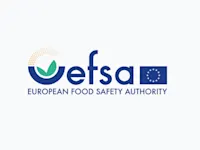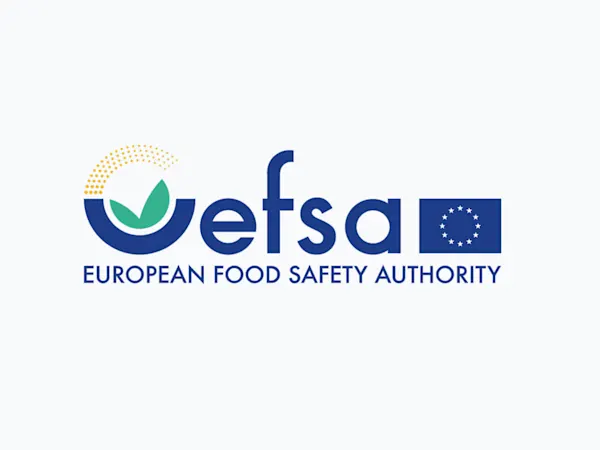
ChemSec Adds Neurotoxicants to SIN List in Landmark Step for EU Chemicals Regulation
ChemSec updates the SIN List with neurotoxicants, spotlighting brain-damaging chemicals and urging EU regulators to act swiftly on these hidden threats.


The Health and Safety Executive (HSE), acting as the Designated National Authority (DNA) for the Great Britain Prior Informed Consent (GB PIC) Regulation, has announced that it is now accepting notifications for the export of chemicals listed under the GB PIC Regulation for the year 2025. Companies planning to export these chemicals are urged to submit their notifications early to ensure compliance with regulatory requirements and to facilitate the processing of these exports.
The GB PIC Regulation mandates that the first export of a listed chemical in any calendar year must be notified to the HSE at least 35 days before the intended date of export. This regulation applies to all exports from Great Britain (GB) to any other country, including the movement of these chemicals to Northern Ireland (NI).
HSE emphasises the importance of early notification to allow sufficient time for processing. This includes obtaining explicit consent from the importing country where required or considering evidence for granting a waiver if the importing country fails to respond to repeated requests for consent. Early submissions also ensure compliance with international obligations under the Rotterdam Convention, which governs the global trade of hazardous chemicals and pesticides.
To submit an export notification, companies must complete a GB PIC export notification form, which is available on the HSE’s PIC website. Detailed guidance on how to complete the form is also provided on the site. Completed forms should be emailed to ukdna@hse.gov.uk, with the subject line formatted as follows: "GB PIC - notification - company name - chemical/mixture - importing country name - 2025." Each email should contain only one export notification form and the accompanying Safety Data Sheet (SDS).
In addition to an SDS in English, an SDS in the official language of the importing country, if available, should be provided. Where an SDS is not attached, sections 4 and 5 of the notification form become mandatory. Accurate description of the foreseen use in the importing country is crucial, particularly for countries with more than one DNA, as it aids the relevant authority in the destination country in making informed consent decisions.
For exports of multiple mixtures containing the same PIC chemical to the same importing country, companies may submit a single notification, provided the mixtures differ only in non-classification-related aspects, such as color. However, any changes in the concentration of PIC chemicals that trigger new labeling requirements will necessitate a new notification.
For exports intended for research or analysis in quantities of 10kg or less per exporter, per year, and per importing country, companies must request a Special Reference Identification Number (RIN). These Special RINs exempt the exporter from certain regulatory requirements. Additionally, Special RINs are required when an importing country has waived its right to receive an export notification under the Rotterdam Convention.
To submit a request for a Special RIN, companies should complete the appropriate form and send it to ukdna@hse.gov.uk. The subject line for these requests should be formatted as follows: "GB PIC – Special RIN request - company name – chemical/mixture – importing country name – 2025." For exports to the EU, each Special RIN will cover up to 10kg of the substance for research and analysis purposes per importing country.
Foresight continuously tracks 1000s of sources and maps updates to your portfolio:




ChemSec updates the SIN List with neurotoxicants, spotlighting brain-damaging chemicals and urging EU regulators to act swiftly on these hidden threats.

EFSA launches consultation on updating its Weight of Evidence and Biological Relevance guidance, aiming to streamline chemical risk assessment practices.

OECD’s new chemical data sharing guide promotes fair access, transparency, and regulatory alignment—helping companies reduce duplication and meet compliance obligations globally.
Subscribe to Foresight Weekly and get the latest insights on regulatory changes affecting chemical compliance.
Free forever. Unsubscribe anytime.
Read by professionals at